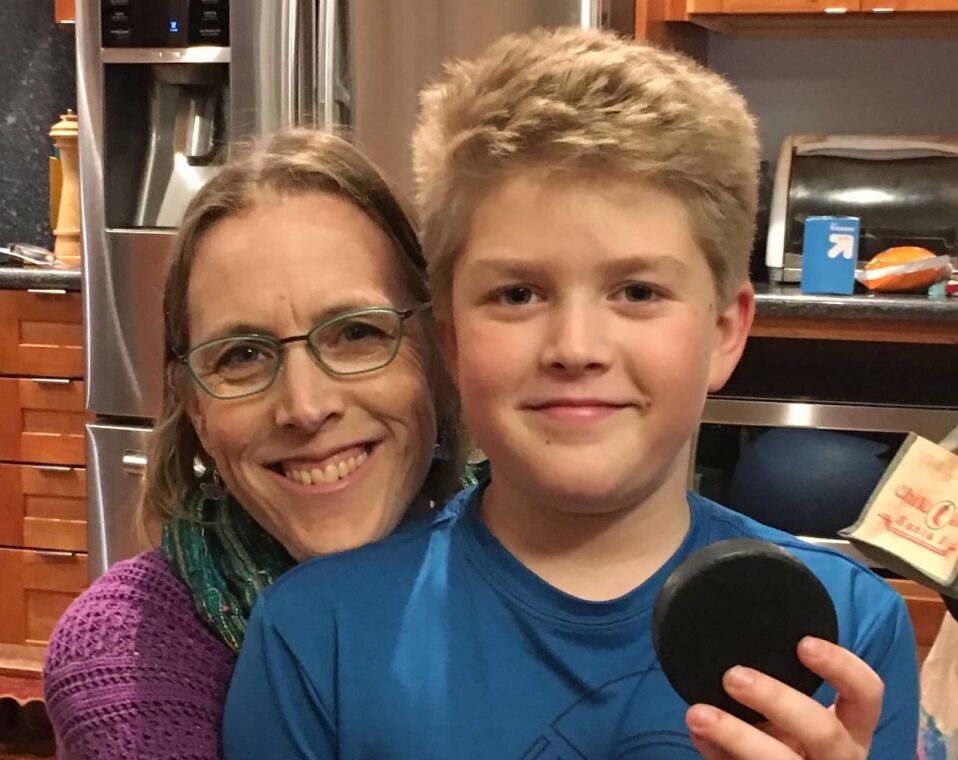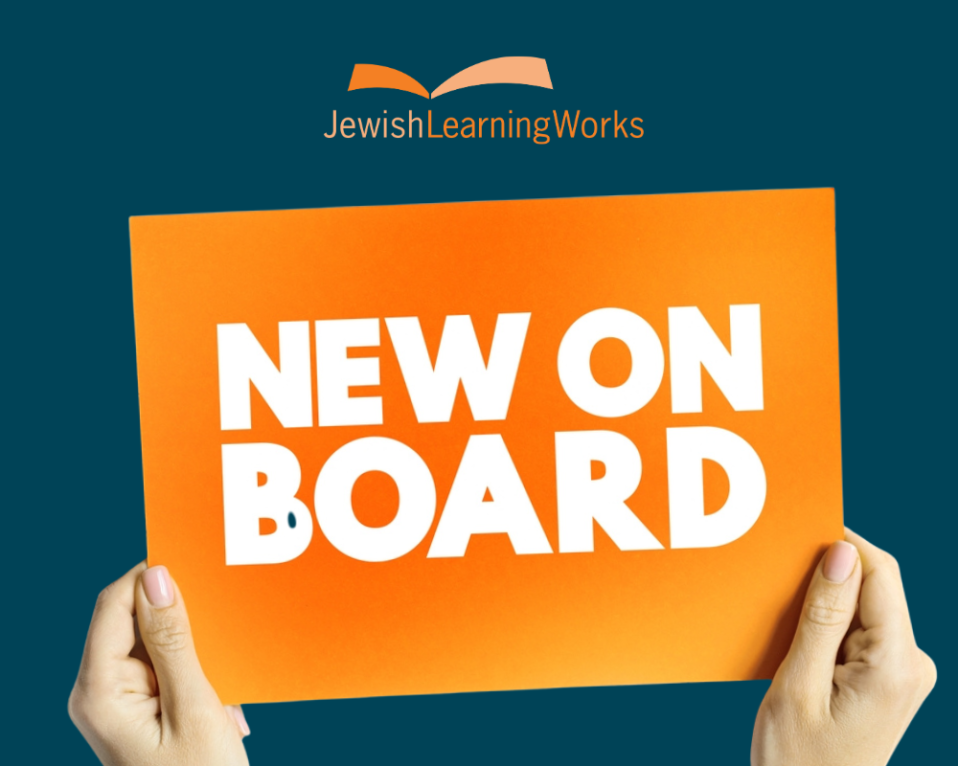By Alisha Pedowitz, Jewish LearningWorks Senior Educator
Last week, I attended a fantastic session led by Rabbi Dr. Tali Zelkowicz called “Transmission and Translation: Embracing a World of Both/And,” part of Jewish LearningWorks’ ongoing training offerings for Jewish educators. In that session, I rediscovered a word I hadn’t used in a long time, and I realized it was exactly the term I needed to describe something I have been thinking a lot about in the last few weeks. It also helped me deepen my understanding of how to support mental health and wellness for Jewish adolescents. That word is “polarity.”
While Tali was talking about the concept of both/and, and the goal of Jewish education to both transmit and translate wisdom, I realized this deeply Jewish concept of holding and existing within the tension between opposing values or ideas is what I have been seeking since Hamas’ October 7 terror attack on Southern Israel, and Israel’s ensuing military response in Gaza. I know from my own teenage children that many Jewish teens are grappling with this. And, from my many colleagues who serve as educators to these teens, it is what we are seeking to help them do even as we seek to do it for ourselves.
Like many progressive Jews, I’ve watched communities that represent different aspects of my identity pull in opposing directions to the extremes of things that I value and believe. And in the process, I’ve felt my ability to integrate those values fracture, and have wondered which direction to lean to feel all of my grief, sorrow, and fear. I’ve wanted to rely on my values as a guide even as I hear frequent calls to abandon one value for the other, and to reject nuance, complexity, and humanity in the process.
Judaism uses the word shleimut, wholeness, to name the need to feel whole, authentic, and at peace. It is from that place of shleimut that we are able to navigate a chaotic and challenging world. We must constantly do the both/and of holding, navigating, and existing within the tensions of seemingly polar opposite extremes, values, and realities.
Those of us who work with adolescents know that this sense of authenticity and integration is a key component of this developmental stage. It’s why we talk about “teens having a B.S. meter.” They are striving to integrate their values, beliefs, and actions, to see themselves and be seen as authentic and true to themselves. How can we help our youth hold ALL that they value, instead of forcing them to reject some values to uphold others? How can we help them ground themselves in a sense of shleimut while navigating the hard and scary realities of the moment?
I believe that the most important thing educators can do right now is to double down on our commitment to supporting youth well being and mental health. We need to help them turn to their inner guide to feel able to act from as many of these values—and the interactions amongst them–as possible. We need to leverage the relationships we have with them, and the framework of Jewish community, practice, and wisdom as a source of meaning and hope. This is how Jewish LearningWorks’ offerings are oriented.
The Harvard Resiliency Study identifies key “protective factors” that “predispose youth to positive outcomes in the face of significant adversity.” Throughout this year, Jewish LearningWorks will frame our offerings for educators who work with Jewish youth/adolescents around two of these factors: supportive adult/child relationships and mobilizing sources of faith/hope/cultural traditions. I hope you will join us for:
- Youth Mental Health First Aid Training: Leverage the strong, supportive relationships you have with the adolescents you serve, and become a Youth Mental Health First Aid (YMHFA) first responder. Free YMHFA training and certification enables supportive adults (i.e., the educators who work closest with teens) to buffer teens from developmental disruption by recognizing red flags ,and directing them toward appropriate help. Two upcoming opportunities: January 10, 2024 or February 29, 2024.
- Youth Mental, Social, Emotional Health Training with BaMidbar Therapy: An in-person, day-long training with BaMidbar on December 7, 2023 to integrate our understanding of mental, emotional, and social health into Jewish experiential educational settings/experiences, and connect to Jewish values.
Other offerings will be announced. We hope you join us, and help us support youth in cultivating shleimut: the integration of their values, actions, inner and outer experiences of themselves.
We also recommend that you utilize the resources we are curating about the crisis here: Israel in Crisis: Resources for Educators.






